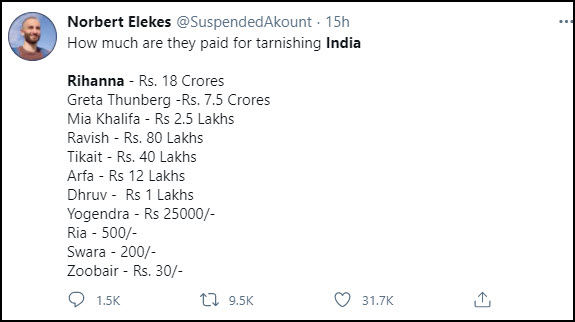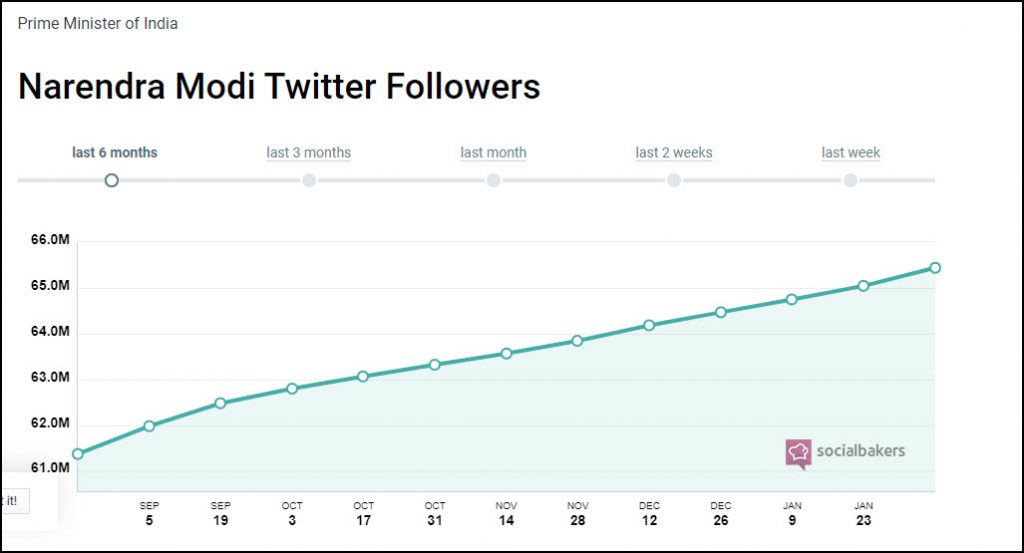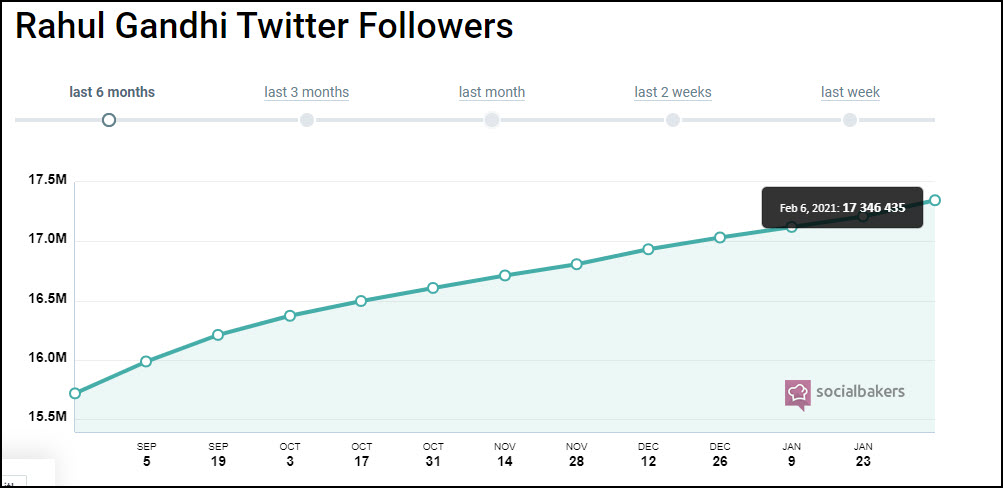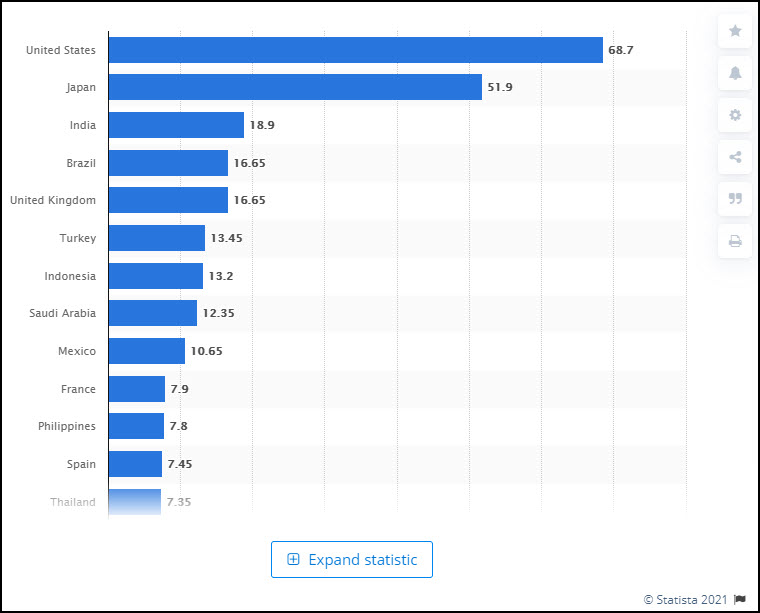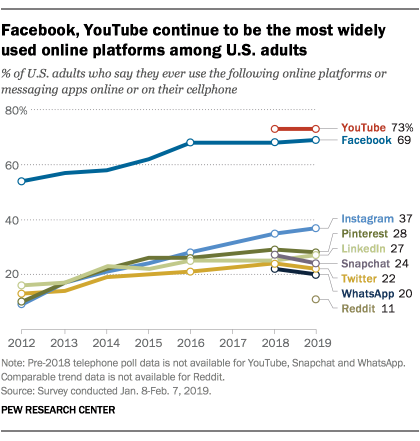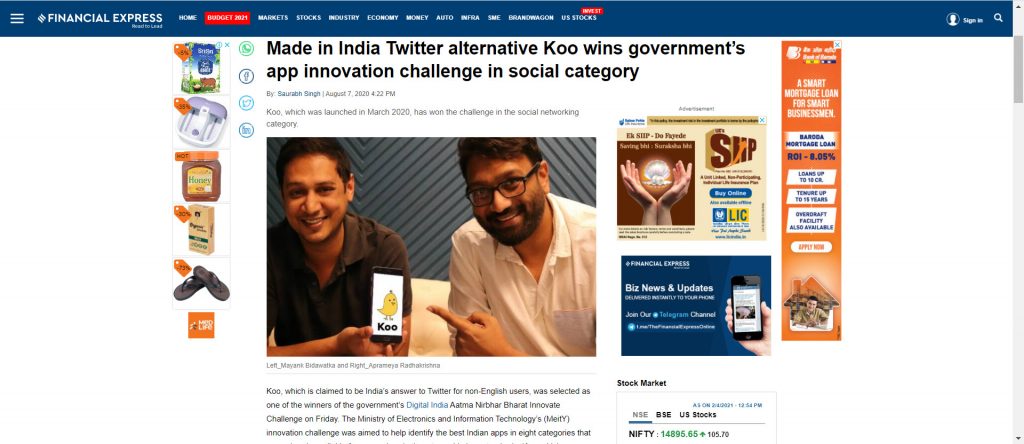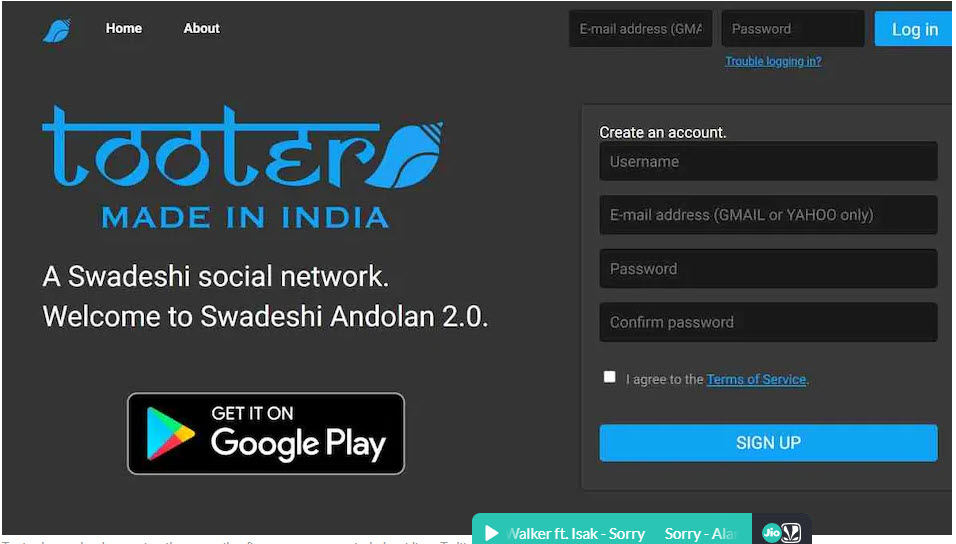This is the picture of Robyn Rihanna Fenty is a Barbadian singer, actress, and businesswoman. According to reports in the Internet, this girl was paid Rs 18 crores to tweet to prompt discussion on what is called “Farmer’s Protest” in India.
This growling girl is Greta Thunbeg who has been allegedly paid Rs 7.5 crores to post a plan on how to conduct an information war on India using the so called “Farmer’s agitation.
Both Rihana and Greta can be called Information Gladiators who are willing to enter into a combat for a consideration.
Here is a larger list of the price of some information gladiators as published on Twitter
Read here for more details about the Information war economy which appears to be developing as a branch of the “Darkweb”.
Rihana is supposed to have 100 million followers and therefore the amount of Rs 2.5 million is a payment for endorsing the statement to these followers. In other words the payment is 0.025 US dollars or around Rs 1.75 per exposure in advertising terms.
In fact Gita Thumberg’s “Tool kit” is more valuable in terms of the content and it was interesting to observe her Twitter follower chart.
The followership of Greta is reported differently in different websites and mixed up with Twitter and Instagram. Taking the followership as about 4.9 million followers and her payment of Rs 7.5 crores amounts to Rs 15.40 for the tweet with the toolkit. Some estimates place the following of Greta at around 10 million in which case her support to the Khalistani movement might have been valued at around Rs 7.5 per exposure.
On the other hand Narendra Modi’s twitter following is placed around 65 million and Rahul Gandhi following is placed around 17 million.
In terms of valuation of advertising potential, it is not only the number of exposures that should be counted but also the quality of the exposure. In this respect, followers of Modi and Rahul Gandhi are the political target audience for the two politicians and are valued much more than the followers of Rihana or Greta.
Hence one tweet of Mr Narendra Modi is valued much more than these tweets of the Information Gladiators.
Rihana followers may be mostly music lovers and they would largely ignore the message. The hype is only created by the media based on the number of followers.
Greta’s exposure is different because it represents part of the conspiracy to promote unrest in India and may be considered directly as an offence under Section 66F of Indian Information Technology Act 2000, namely promotion of “Cyber Terrorism” . I wish Delhi Police register a case naming Greta Thunberg under Section 66F of ITA 2000/8 and ask for Interpol to arrest her and extradite her to India.
At the same time we should also inform her followers that the Punjabi farmer’s agitation is directly promoting their environmental vandalism through stubble burning which adversely affects the air quality in Delhi and needs to be regulated. Greta’s support to the agitation is therefore against the cause of “Environment” which is her published goal.
It is necessary for Mr Modi to counter Greta’s influence (whatever it is) with his own tweets and it will reach more relevant audience than Greta can influence.
Naavi
PS: Some of my professional friends would be unhappy about Naavi.org taking up this cause against misuse of Twitter to discredit India. My view on this is as follows.
Many of the Indian intellectuals who consider themselves as “Professionals” try to keep themselves away from the controversy by remaining silent when such Information war is in progress are doing a disservice to the country. Most of us cannot join a war on the borders. But we can join the war in the Information warfare. Let us therefore be true to our conscience and fight for a cause to stop the disinformation engaged in by these Rihanas and Gretas..
Naavi




